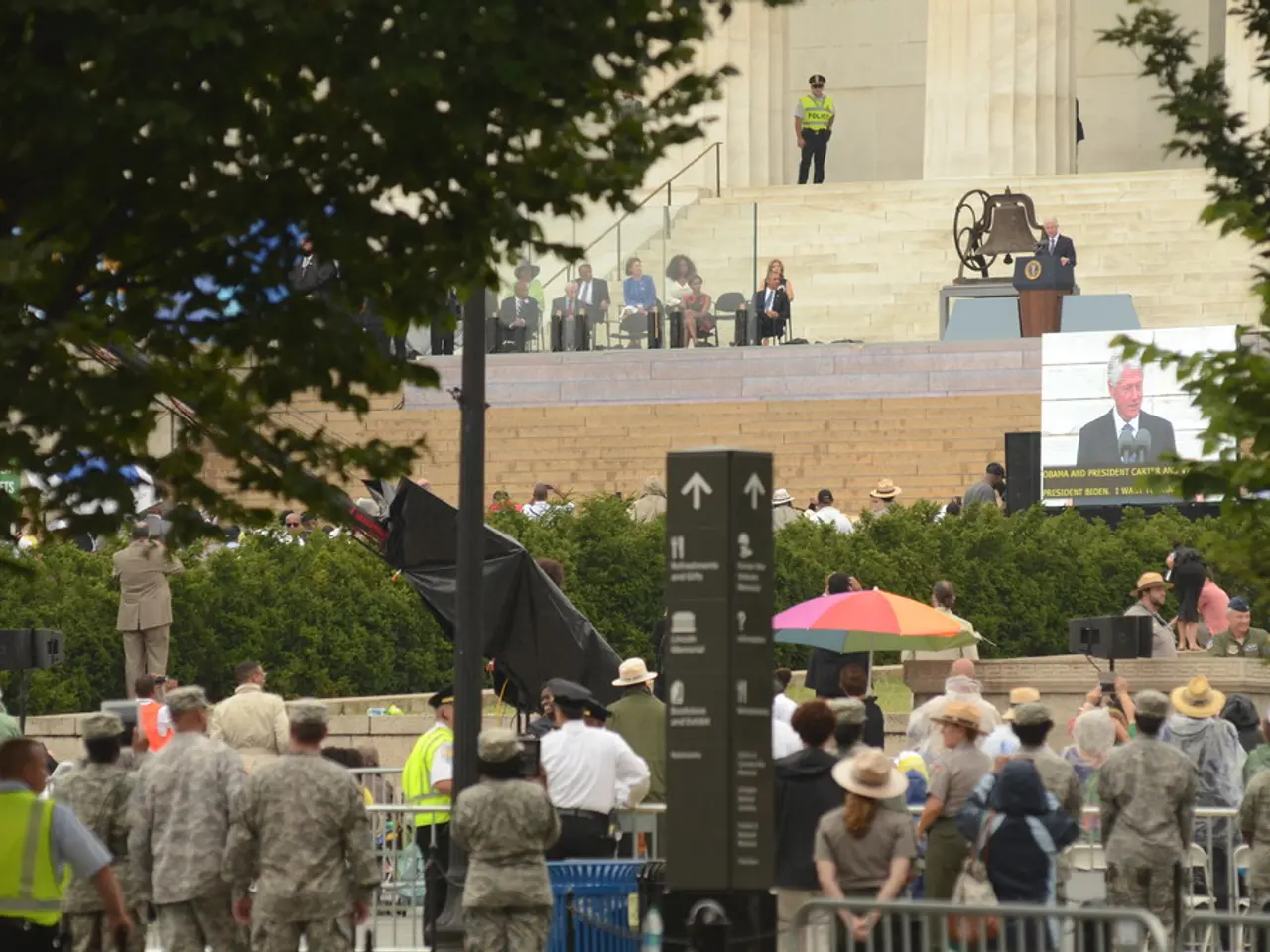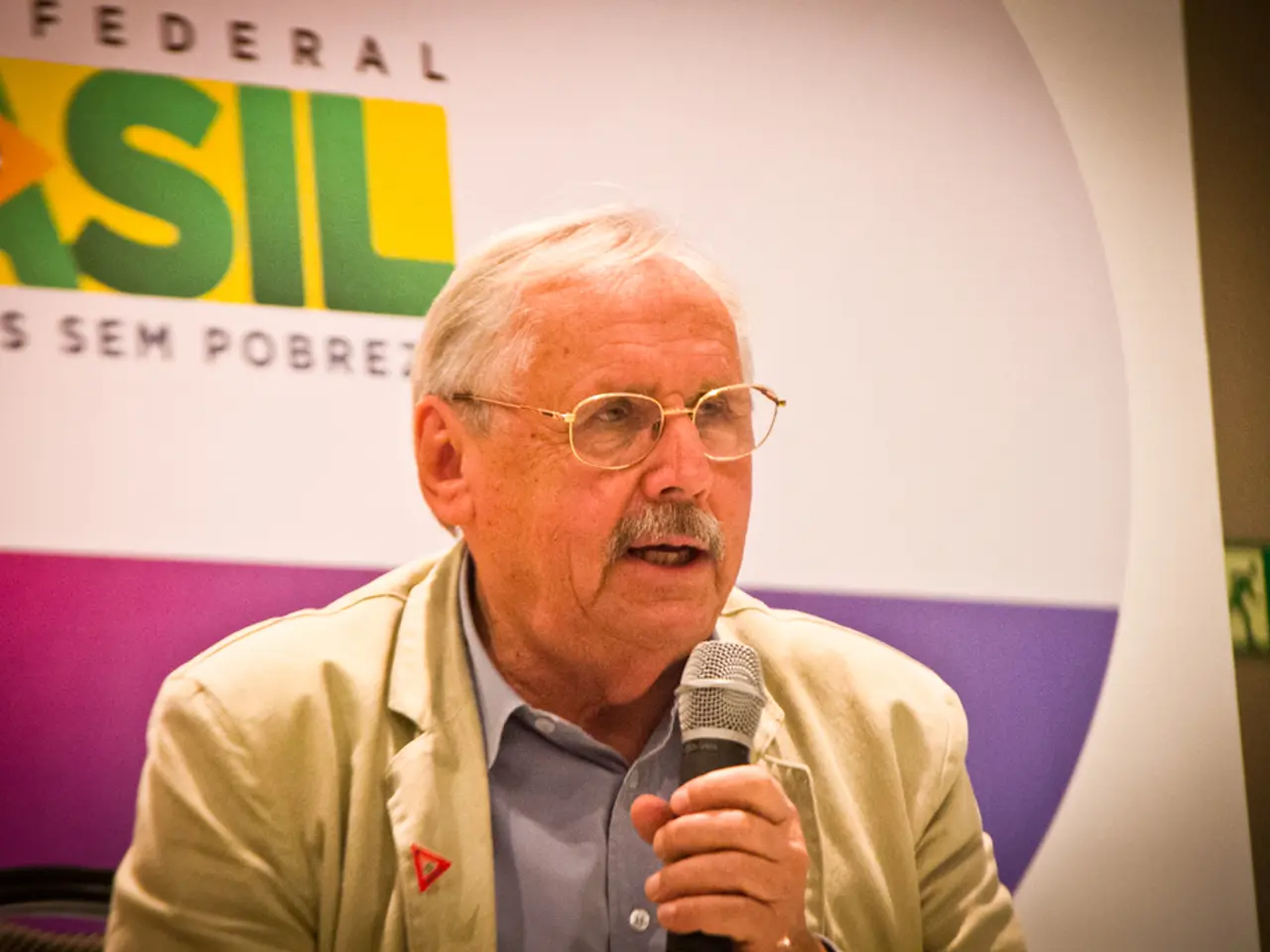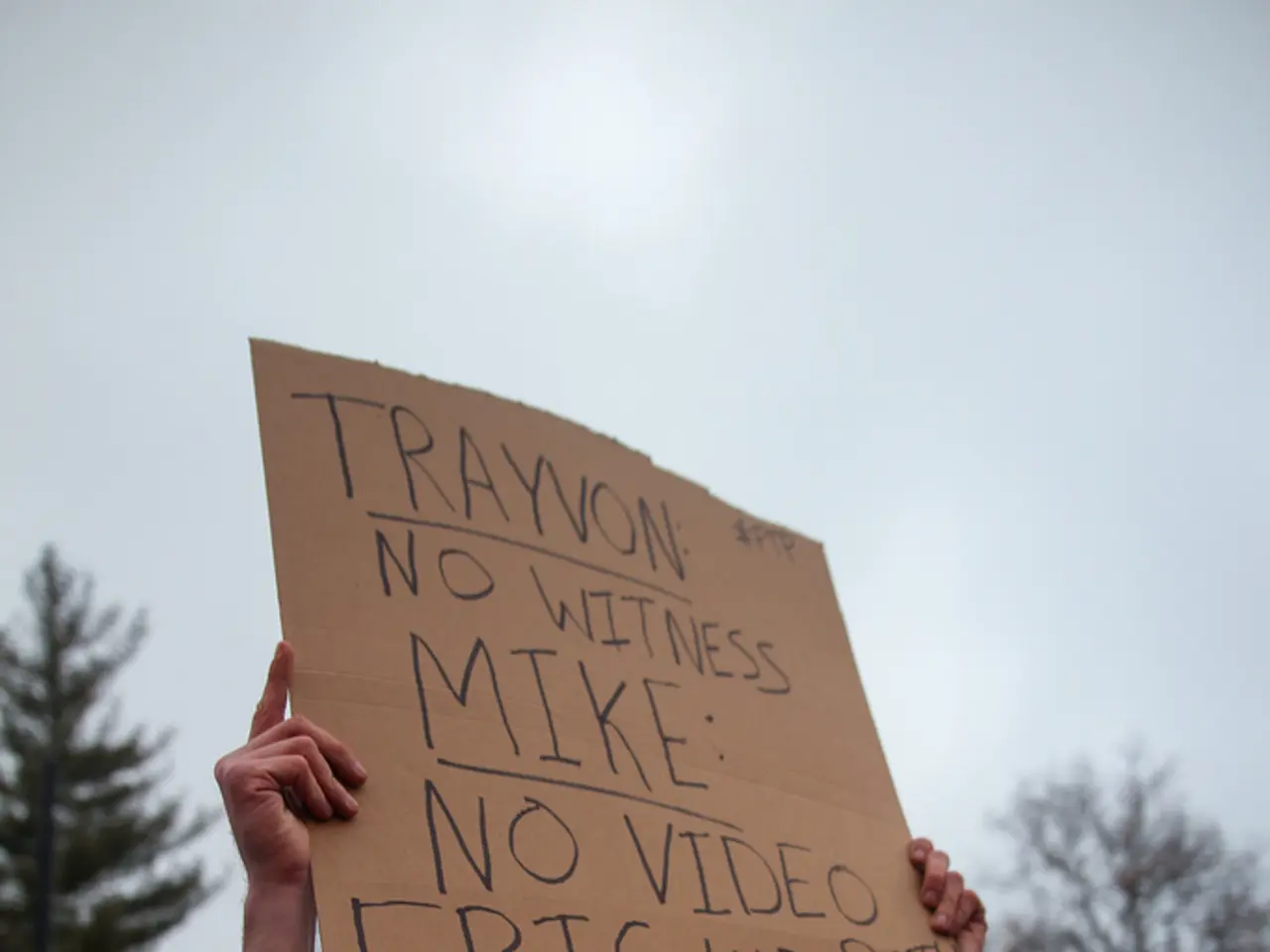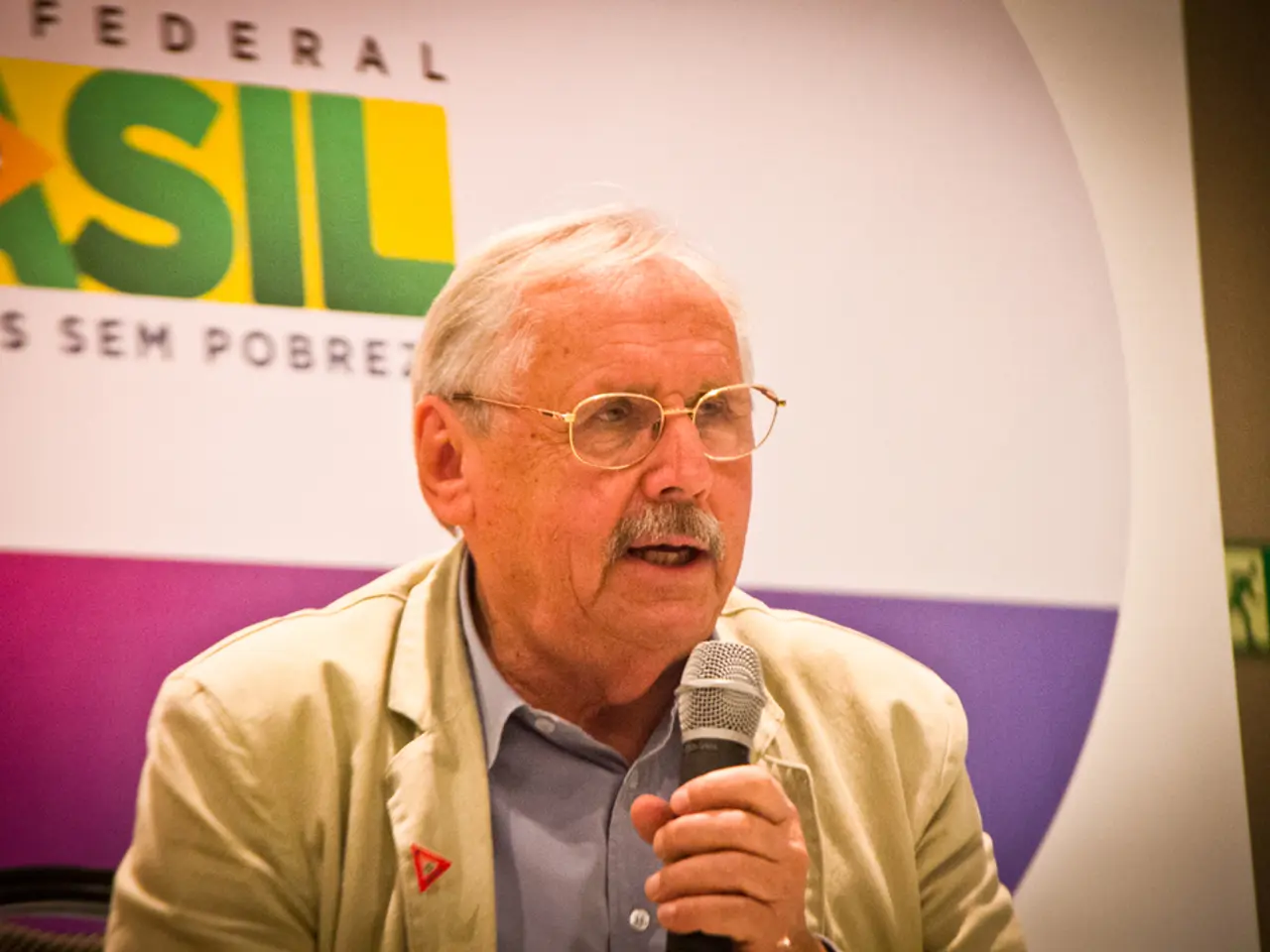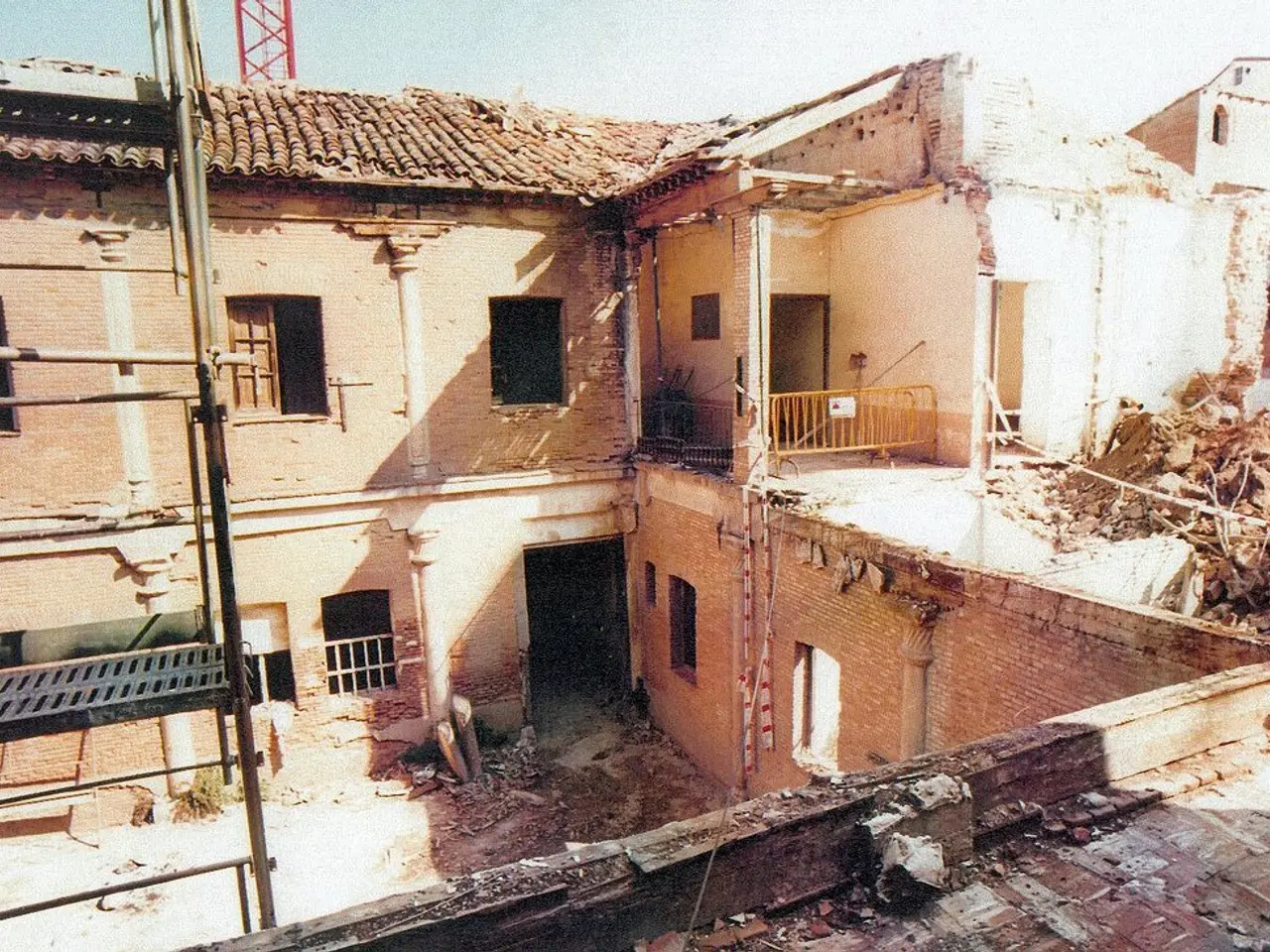Middle East shift scrutinized in wake of Israel-Iran confrontation?
In the aftermath of the agreement for a ceasefire between Israel and Iran, Middle Eastern nations are employing a careful and calculating strategy to maintain a delicate balance with Iran amid the unpredictability of the Iranian regime's future.
Many countries in the region share the common goal of preserving ambiguity regarding their stance on the conflict between Israel and Iran. For instance, Jordan publicly condemned Israeli attacks on Iran but simultaneously prevented Iranian rockets and drones from passing through their airspace, asserting they were merely protecting their own citizens. Similarly, Saudi Arabia signed a statement condemning the fighting but is suspected to have allowed Israeli planes to skirt through their airspace to shoot down Iranian projectiles.
Both Jordan and Saudi Arabia have a complicated relationship with Israel, characterized by public criticism but covert cooperation. Their alliance with the United States for military defense and Jordan's reliance on financial aid from the U.S. are crucial factors shaping their position. However, it's vital that they maintain stability in their region, which necessitates a balanced relationship with Iran.
In light of the weakening of Iranian proxies such as Hezbollah and pro-Iranian militias in Iraq, the Gulf states see an opportunity to approach the weakened, but still important, Iranian regime. They harbor no desire to see the regime falter or collapse, as such an event would produce chaos.
Egypt's stance is equally ambiguous. Egypt welcomed the ceasefire and expressed a commitment to continuing diplomatic efforts to find lasting solutions to regional crises. Egypt must also strike a careful balance, as it depends heavily on US military aid and wishes to avoid complications in its relationship with the U.S. This balance has come to the forefront recently due to Egypt's rejection of plans that involve accepting displaced Palestinians and its crackdown on international activists supporting Gaza.
In the current atmosphere of uncertainty, Middle Eastern nations are closely observing internal developments within Iran. If the Iranian regime were to collapse, the question becomes: Who would succeed the current leadership? Analysts speculate that two exiled groups, the monarchists and the People's Mujahedin of Iran, could be ready to challenge the regime, but their effectiveness and appeal to the Iranian public remain questionable.
The U.S., under the Trump administration, has upended many certainties in the Middle East with its unpredictable foreign policy and use of social media. It's unlikely that the U.S. will pay much attention to the Middle East in the coming years, with its focus shifting towards East Asia. However, Israel and Iran are likely exceptions, as they can expect sustained U.S. attention due to their ongoing conflict.
- The international community, particularly the world of politics and general news, is closely monitoring the situation in the Middle East, given the delicate balancing act being performed by various governments.
- The strategy of numerous countries in Asia, particularly Middle Eastern nations, revolves around maintaining ambiguity in their stance regarding the ongoing conflict between Israel and Iran.
- Human rights groups and the media are scrutinizing the actions of countries like Jordan and Saudi Arabia, where there's a noticeable difference between public criticism and covert cooperation with Israel.
- The future of Iran's regime, marked by its unpredictability and the potential weakening of its proxies, is a topic of great interest for society, both within Iran and abroad.
- As the Iranian regime faces internal challenges, the question of who would potentially succeed the current leadership has become a hot topic in the realm of war-and-conflicts and international politics.
- With the focus of the U.S. shifting towards East Asia under the Trump administration, the ongoing conflict between Israel and Iran could be one of the few issues in the Middle East that continues to grab the attention of the global community.

